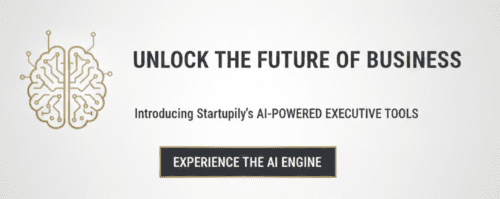Self-employment can look very different depending on where you are in your career. It can start with small freelance projects, grow into consistent contract work, and eventually evolve into running a full business if you want it to. Every stage comes with new challenges, but each one also brings more control, flexibility, and opportunities to grow.
As you move through these stages, what matters most is understanding where your strengths fit best. Some people love the idea of being independent freelancers, while others feel ready to take the next step and build a business around their skills. The key is learning how to grow steadily without losing the independence that made self-employment appealing in the first place.
Starting Small and Building Consistency With Self-Employment
Most self-employed careers begin with small projects or part-time work. This stage allows you to build experience, figure out your niche, and learn how to manage clients. It’s also a chance to test the waters before committing full-time.
Freelancers often rely on platforms, referrals, or social media to find their first clients. Over time, consistency becomes the main goal. With enough hard work, this turns one-off jobs into repeat contracts and a steady stream of work. At this stage, the focus is less about scaling and more about building a reliable reputation.
Moving Into Contract and Specialised Work
Once a freelancer has built up enough experience, the next natural step is finding longer-term projects or contracts. This phase of self-employment offers more stability, often with better pay and a clearer sense of direction. It’s where many realise that self-employment can become a full career rather than a temporary solution.
Having a strong network and visible online presence makes it easier to find commercial cleaning contracts here, creative partnerships, or consulting opportunities. Each contract you take helps strengthen your professional profile and build trust with future clients.
Self-Employment Can Expand Into Business Ownership
Eventually, some independent professionals might decide to take things further by turning their solo work into a more structured business. This stage involves planning, hiring help, and finding tools that make growth manageable. The mindset shifts from just doing the work to managing how the work gets done.
Modern tools have made this stage more accessible than ever. For example, starting a business with the help of AI allows freelancers to automate admin tasks, manage their finances, and even find clients more efficiently. These technologies free up time to focus on strategy and growth, helping you scale without losing control of your independence.
Adapting and Growing With Experience
Self-employment is an evolving process where the goals change over time. As you move through each stage, you’ll discover new ways to refine your services, attract clients, and increase income. The experience you gain at every level builds the foundation for the next step.
Each decision you make contributes to long-term success, and staying adaptable is what allows your career to keep growing. With the right mindset and tools, your independence can evolve into something sustainable, rewarding, and fully your own.

- Avoiding the Recall Spiral: Why Equipment Design Demands Greater Focus
- The Foundation of Merger And Acquisitions Success: Strategy, Flexibility, and Precision
- For Manufacturers, Quality Control Should be a Sales MVP
- Investing in Retention: How Benefits Support a Stronger Workforce
- Cybersecurity Essentials for Customer-Facing Platforms: Safeguarding Trust in a Digital-FirstWorld

